John le Carré’s life in Bern: spy recruitment and elephant washing
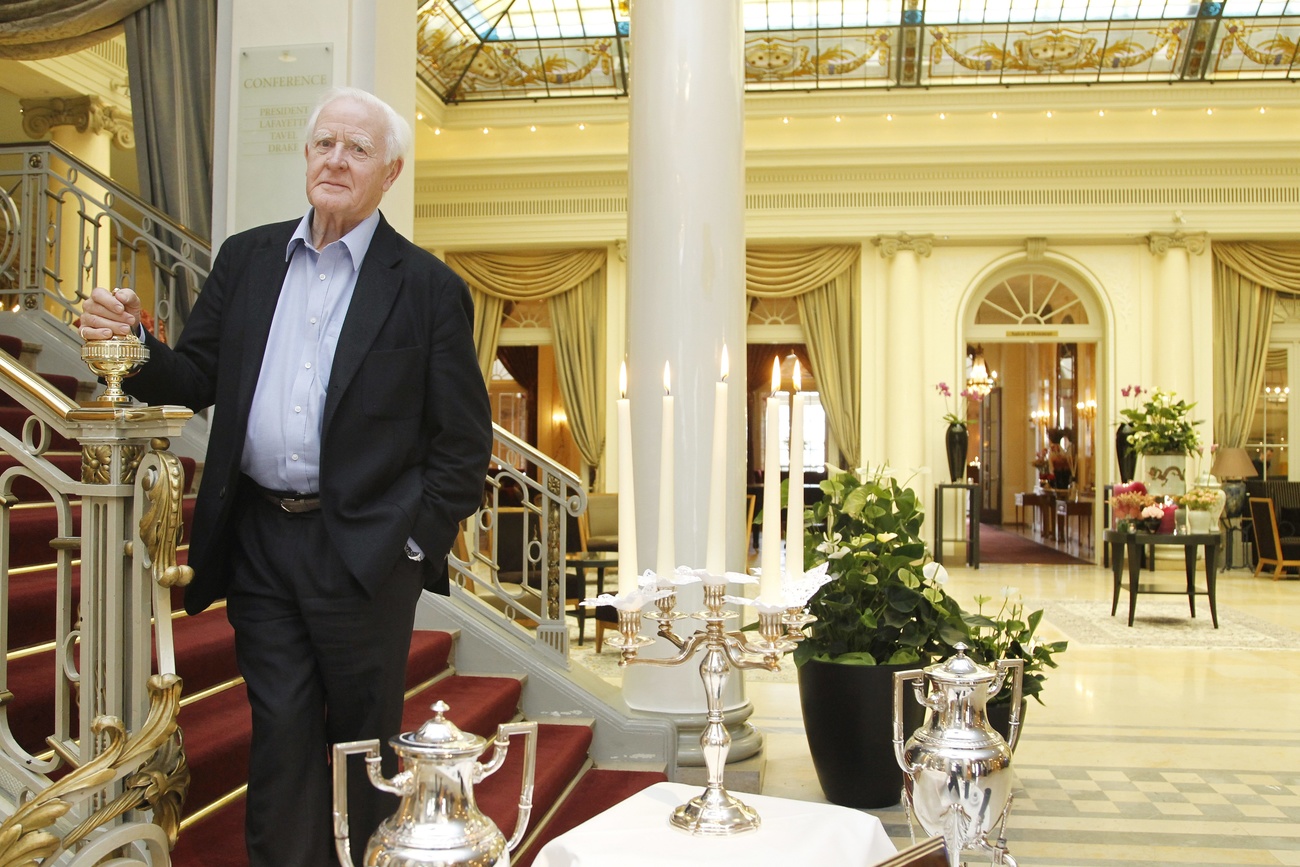
John le Carré, the British spy-turned-novelist whose elegant and intricate narratives defined the Cold War espionage thriller, has died aged 89. The Swiss capital Bern not only played an important role in his education but was also the setting for several scenes in his books.
By exploring treachery at the heart of British intelligence in spy novels, le Carré challenged Western assumptions about the Cold War by defining for millions the moral ambiguities of the battle between the Soviet Union and the West.
In 2008, he was honoured by the University of Bern for reviving the spy novel and giving it a profound, literary dimension.
His alma mater called him an analyst of the “mechanism of might and corruption which in his works uncover the unscrupulous manipulation of the secret services through the powers of the state”.
David Cornwell, as le Carré was born, was 16, restless and possessed by curiosity about the German-speaking world when he arrived in Bern by train in October 1948, the University of Bern said on its websiteExternal link.
To enrol at the university, he met its registrar, who “marvelled at his lack of qualifications”, according to Adam Sisman, author of John le Carré: The Biography (2015).
“When David’s schoolboy German failed him, they continued the conversation in English. David told the registrar that he wished to study German language and literature; the registrar suggested that he might find it easier to take an introductory course in philosophy instead, but David was adamant. With a droll smile, the registrar wished the young man luck and shook his hand.”
Life in Bern
After gaining admission to the university, it was a dynamic year for Cornwell, who soon learnt fluent German.
He juggled his studies with working as a waiter in a train-station buffet, skiing and claims to have washed elephants for Switzerland’s Circus Knie.
Home was a little room that always smelled of chocolate for it was next to the Tobler factory, where Toblerone was made. His interest in German literature repeatedly came to the fore outside the university.
“Losing himself in the cobbled … streets of Bern, many of them covered by vaulted arcades, he recited Hermann Hesse,” Sisman wrote.
On Saturdays Cornwell would dress in his finest suit for the thé dansant (tea dance) at the Bellevue Palace, an elegant hotel perched above the River Aare. On Sundays he would go for walks along the river, or on the Gurten, a popular hill reached by funicular with a commanding view of the city.
It was also in Bern that Cornwell was first recruited into the British intelligence services, after meeting a pair of consular officials at a church on Christmas Day.
Cold War
After a spell in the British Army, he studied German at Oxford, where he informed on left-wing students for Britain’s MI5 domestic intelligence service.
After graduating, he taught languages at Eton, Britain’s most exclusive school. He also worked at MI5 in London before moving in 1960 to the foreign intelligence service, MI6.
Posted to Bonn, then capital of West Germany, Cornwell fought on one of the toughest fronts of Cold War espionage: 1960s Berlin.
As the Berlin Wall went up, le Carré (as he became known – a pseudonym was required because Foreign Office officers were forbidden to publish in their own names) wrote The Spy Who Came in from the Cold, in which a British spy is sacrificed for an ex-Nazi turned Communist who is a British mole.
By casting British spies as every bit as ruthless as their Communist foes, le Carré defined the dislocation of the Cold War that left broken humans in the wake of distant superpowers. British spies were angry that he portrayed MI6 as incompetent, ruthless and corrupt – but they still read his novels.

More
James Bond: ‘It’s the double whammy of sex and violence’
Role of Bern
In a memorable scene from Tinker Tailor Soldier Spy (1974), one of le Carré’s best-loved books, two British spies are operating in the Swiss capital in pursuit of arms dealers when, to evade the police, they escape through a maze of hallways and stairwells hung with mirror walls and chandeliers. They are in le Carré’s old haunt, the Bellevue Palace.
Bern is also an important setting for A Perfect Spy (1986). In this autobiographical novel, the protagonist Magnus Pym finds himself in Bern’s cobbled streets after his father, a conman, sends him there on an errand.
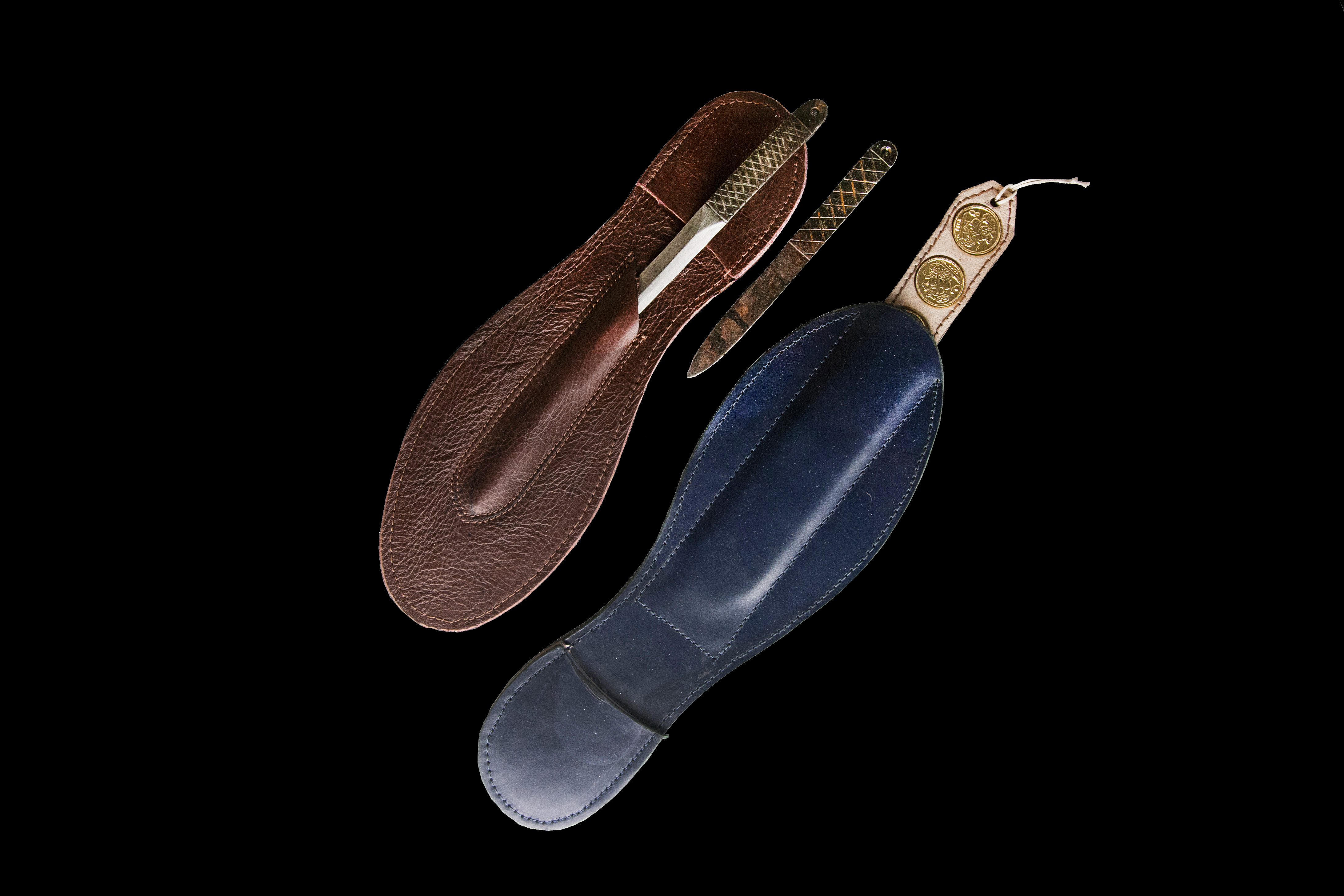
More
Skulduggery on display
Magnus remains in Bern, working night shifts rolling beer barrels for a brewer, dipping tallows for a candle-maker and doing other odd jobs: “All those things he did and more. All of them at night, a night animal on the run through that lovely candlelit city with its clocks and wells and cobbles and arcades.”
Bern also appears in Our Kind of Traitor (2010). The novel was turned into a film, released in 2016, starring Ewan McGregor, Naomi Harris, Stellan Skarsgård and le Carré himself in a cameo.
But in a life of espionage how much was true? “I am a liar,” le Carré was quoted as saying by Sisman. “Born to lying, bred to it, trained to it by an industry that lies for a living, practised in it as a novelist.”
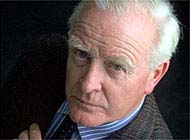
More
Le Carré speaks out against the global pharmaceutical industry

In compliance with the JTI standards
More: SWI swissinfo.ch certified by the Journalism Trust Initiative







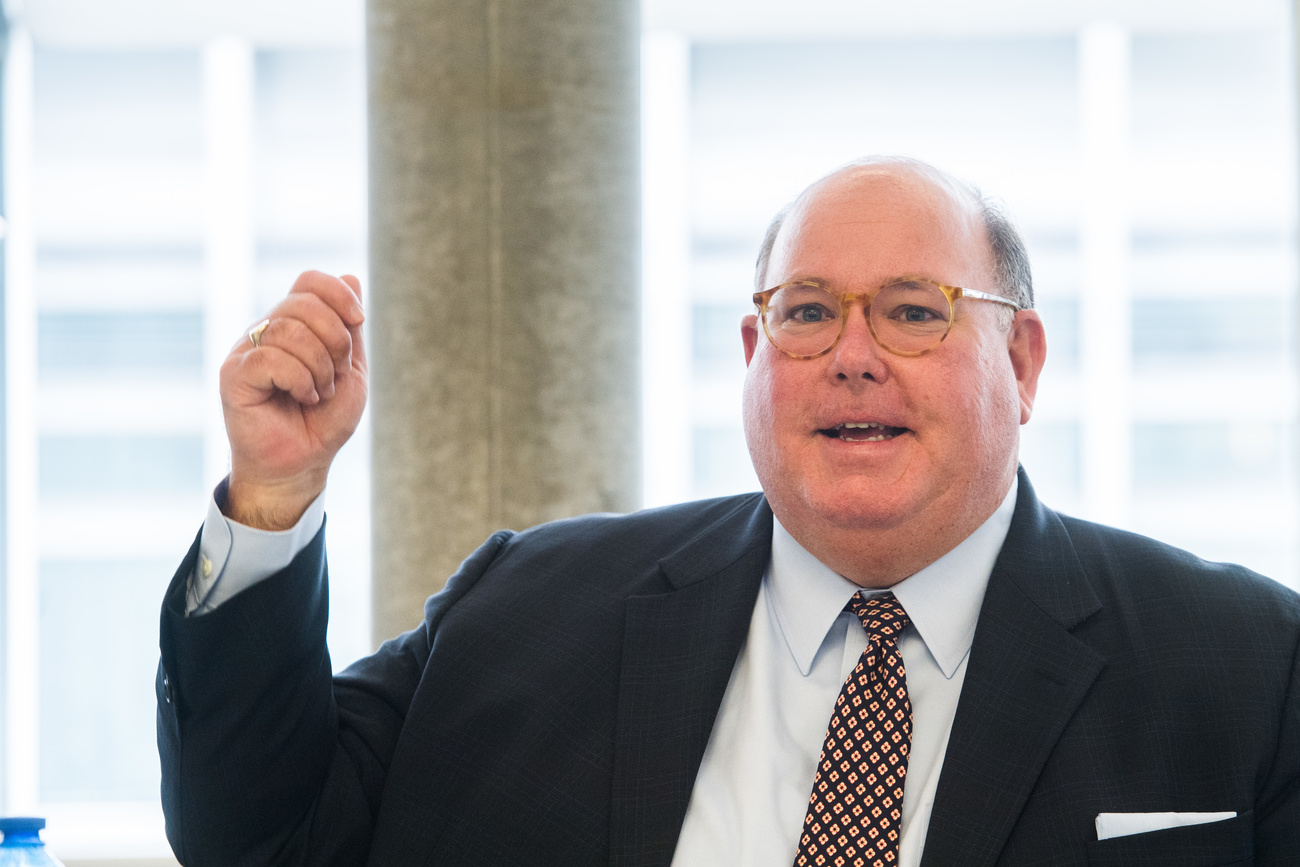
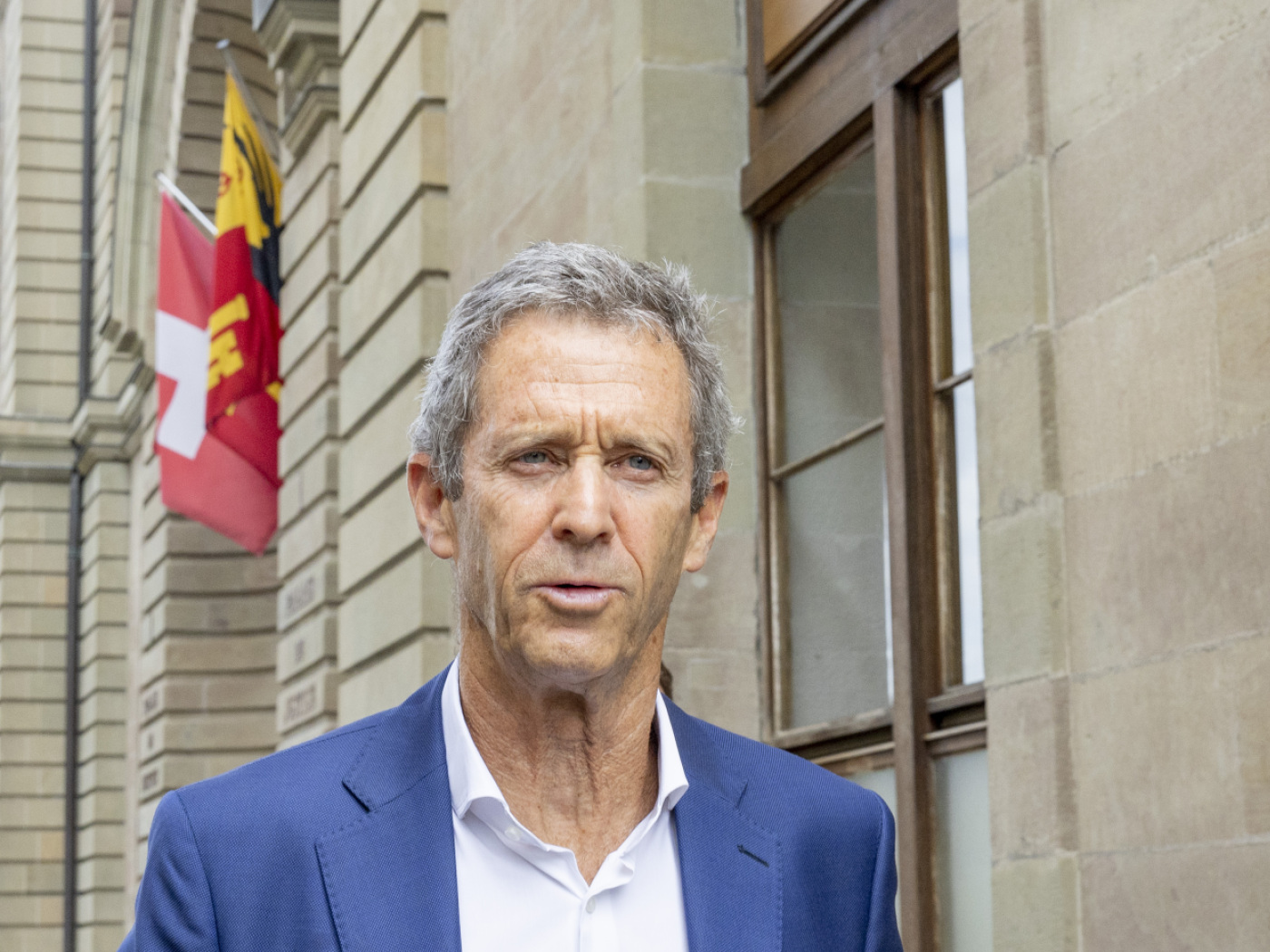



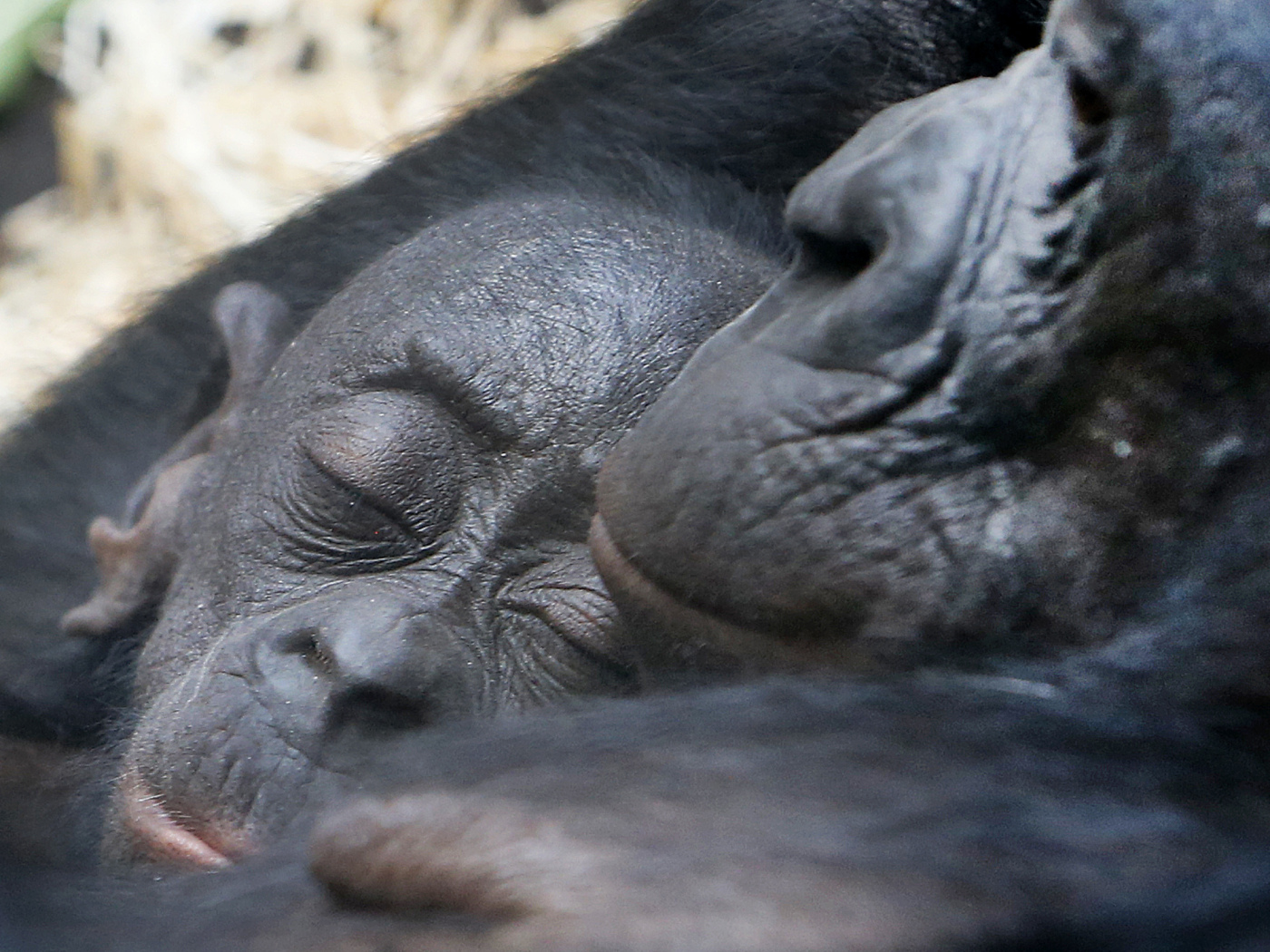
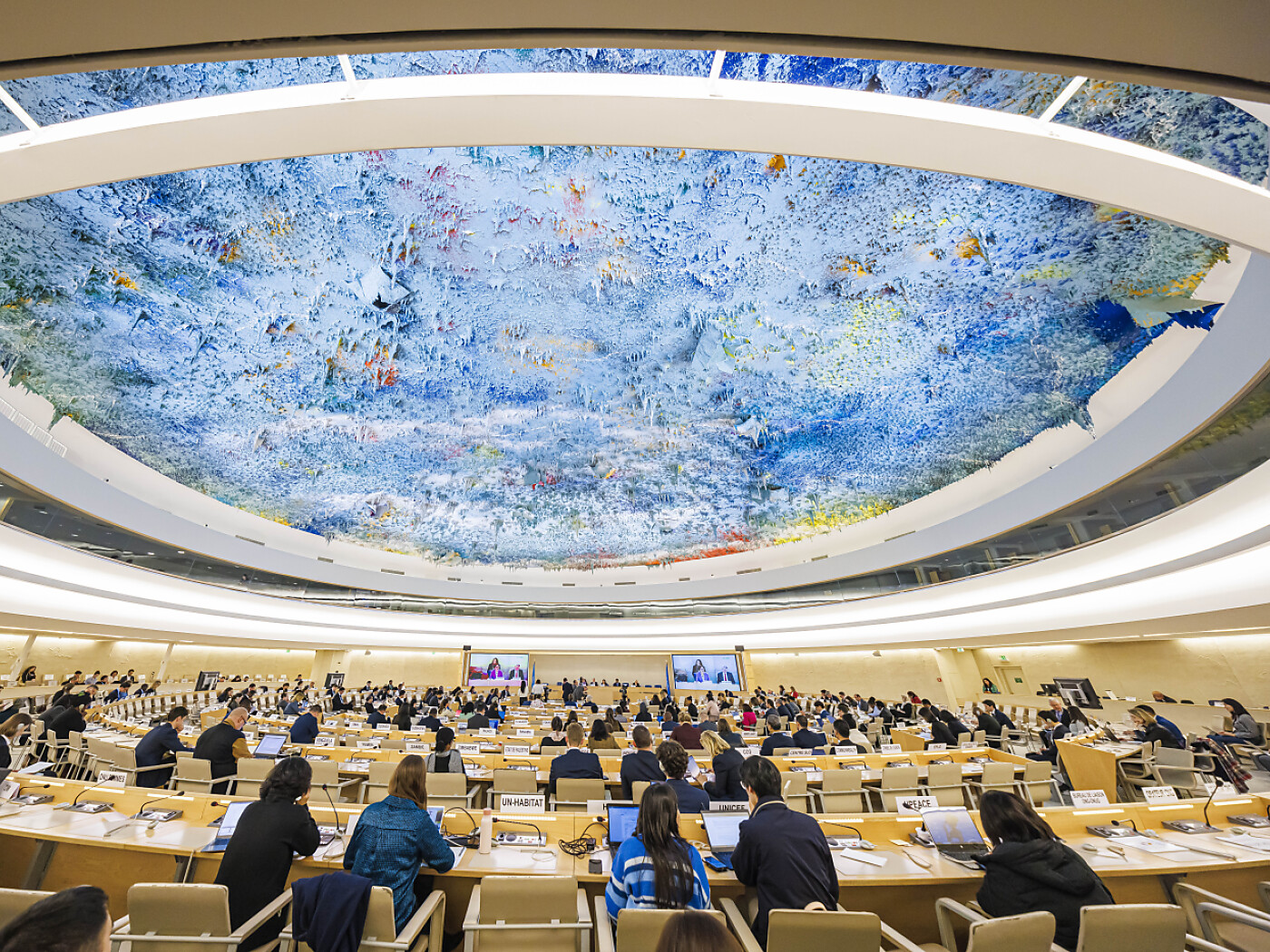
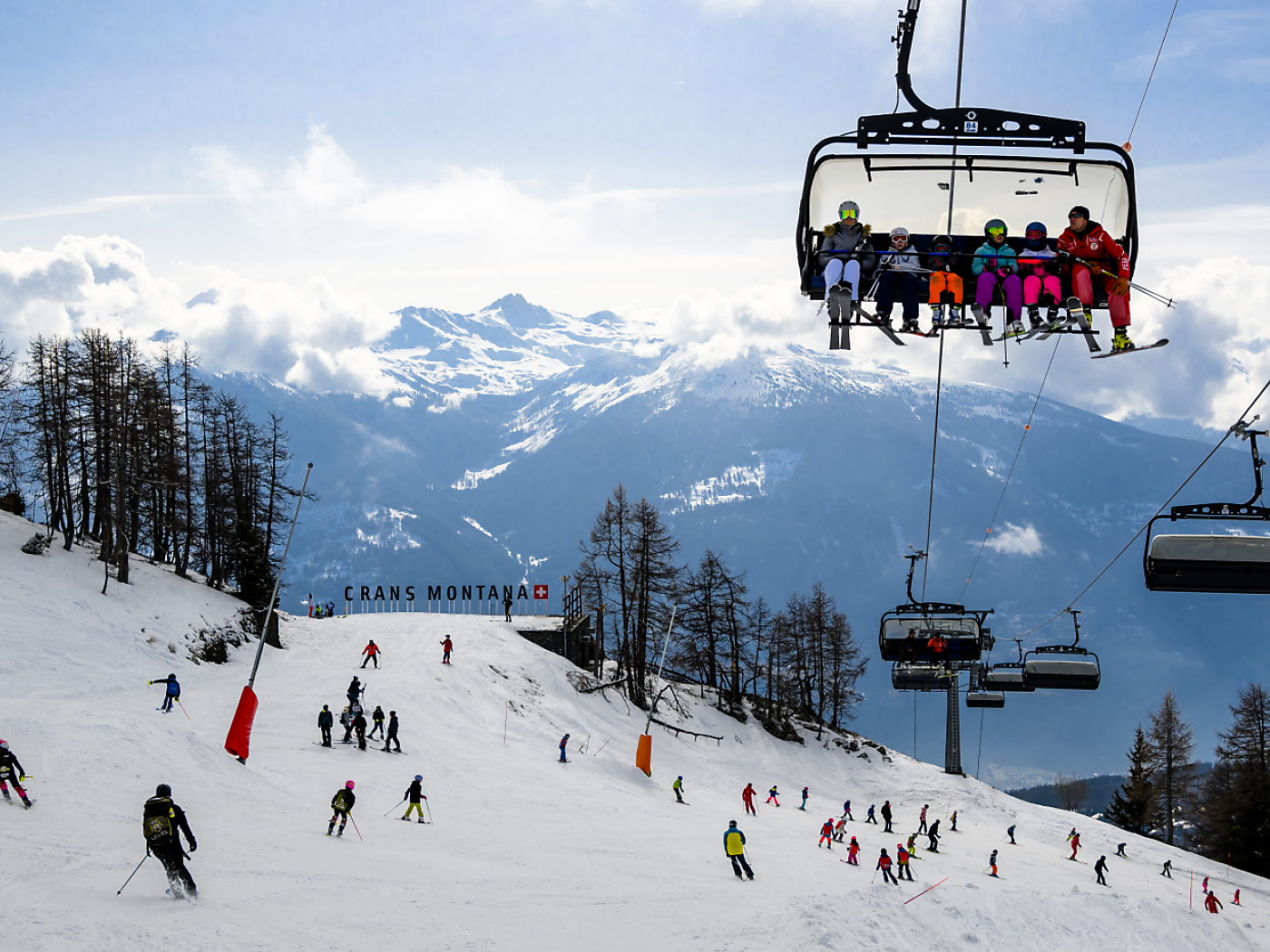
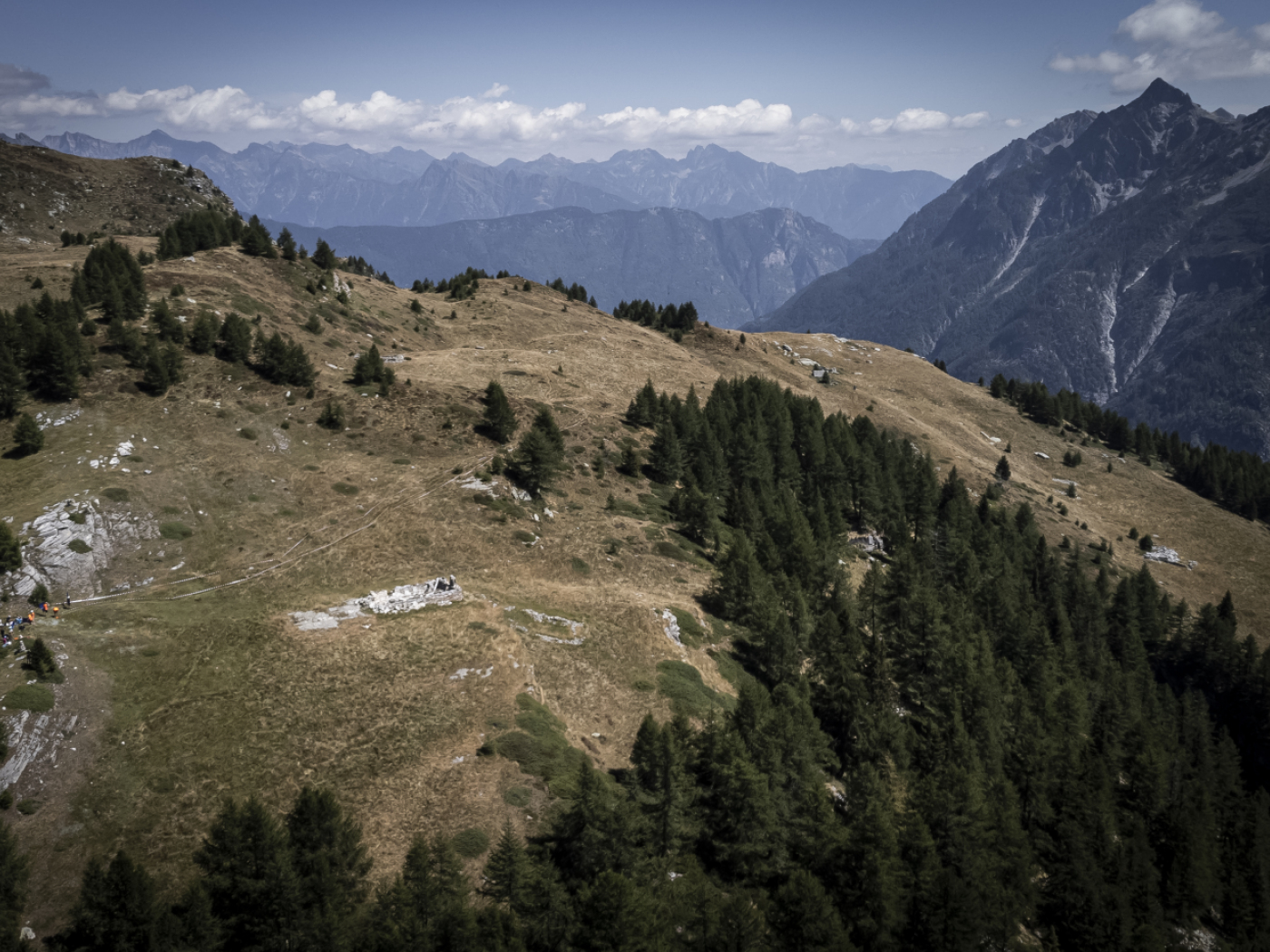
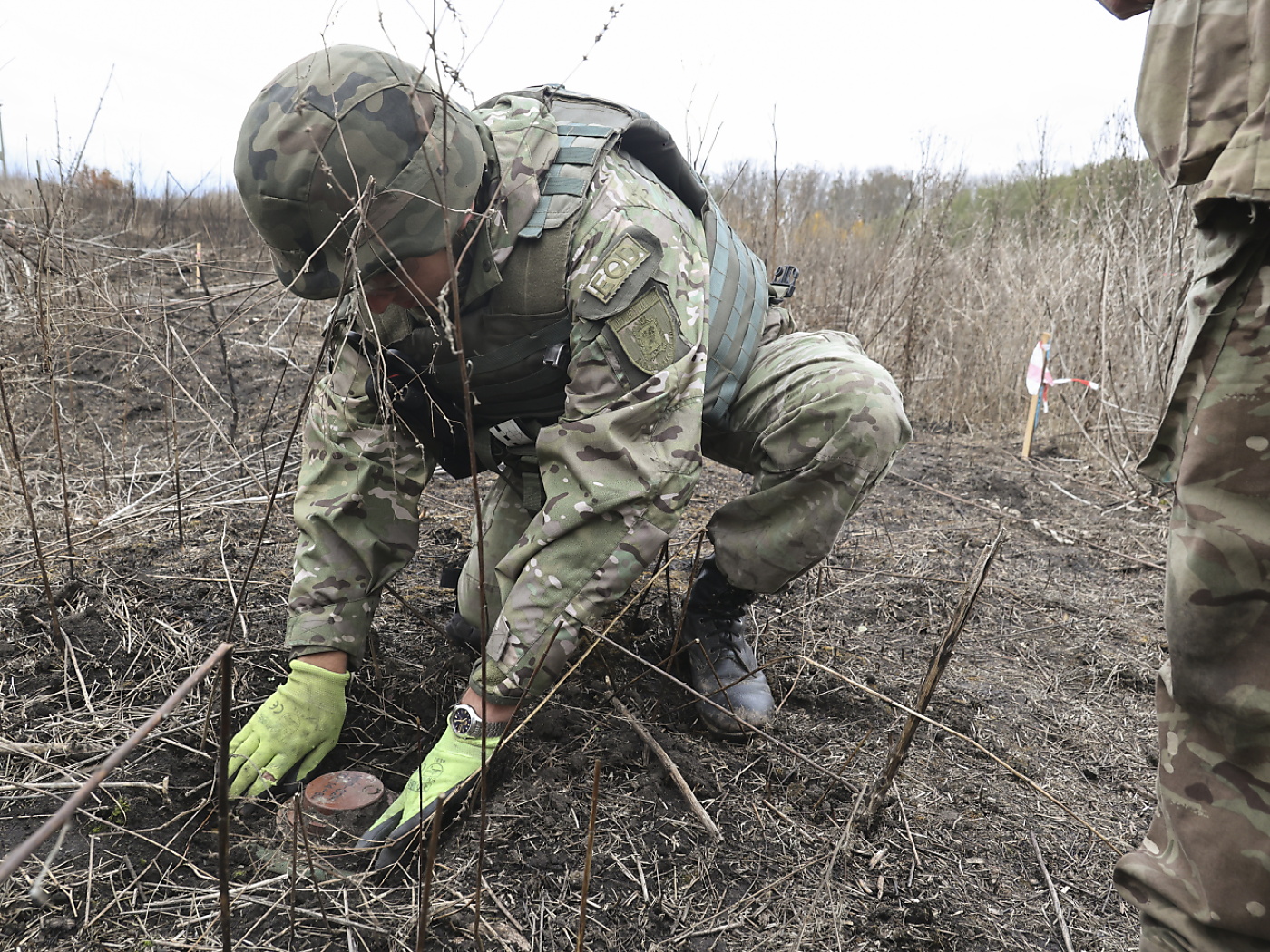

Join the conversation!